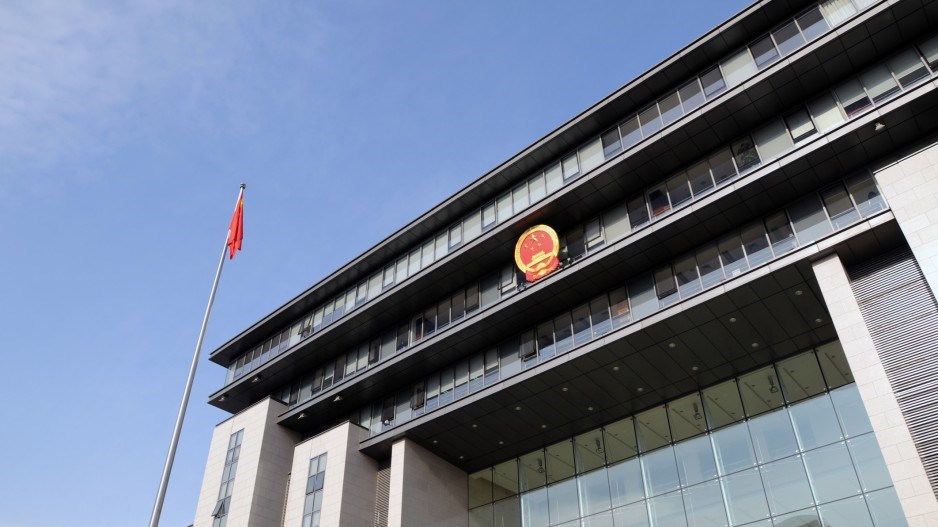The closed-door trial of Canadian Michael Kovrig has – as expected – concluded in Beijing Monday without the court issuing a verdict, instead reserving judgment until a later time.
Like fellow detained Canadian Michael Spavor on Friday in the northeastern Chinese city of Dandong, Kovrig was tried behind closed doors – with Chinese authorities denying Canadian consular access to the trial (as per international diplomatic norms).
Beijing is again citing national security reasons for denying consular access. Both Kovrig and Spavor are facing espionage charges, but are widely believed to be detained in retaliation of Canada arresting Huawei Technologies CFO Meng Wanzhou on a U.S. extradition request on Dec. 1, 2018.
The Canadians’ trials coincide with the Meng extradition hearing hitting a key phase this month that will likely be the turning point in the case to extradite Meng or not to the U.S. to face fraud and money laundering charges.
On Monday, Global Affairs Canada confirmed that 23 countries sent diplomats to the Beijing courthouse where Kovrig was tried. Those countries include all other four members of the “Five Eyes” - United States, Australia, New Zealand and Great Britain – as well as European Union members Germany, France and Italy.
None were granted access to the courtroom.
“Many international partners, friends and allies are echoing Canada’s message that these detentions are unacceptable, and their presence outside the courthouses at the trials of Mr. Spavor and Mr. Kovrig sends a strong message of solidarity,” Global Affairs Canada said in a statement.
Eight countries’ diplomats were denied access to Spavor’s trial in Dandong.
In a statement, federal Foreign Affairs Minister Marc Garneau sharply criticized Beijing’s decision to block consular access to Kovrig on Monday, noting a new intensification in the already-fractious relationship between Canada and China since Meng’s arrest.
“We are deeply troubled by the total lack of transparency surrounding these hearings and we continue to work toward an immediate end to their arbitrary detention,” Garneau said. “... The eyes of the world are on these cases and proceedings and I want to thank our international partners for their continued support and solidarity.”
Also on Monday, Canada joined the U.S., the European Union and Great Britain in levelling sanctions against Chinese officials over human right abuses against the Muslim ethnicity population of Uyghurs in China’s western Xinjiang Autonomous Region.
For its part, Beijing has denied it has committed atrocities in Xinjiang, adding the Spavor/Kovrig cases are unrelated to the Meng Wanzhou case.




